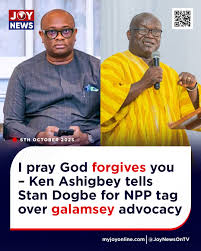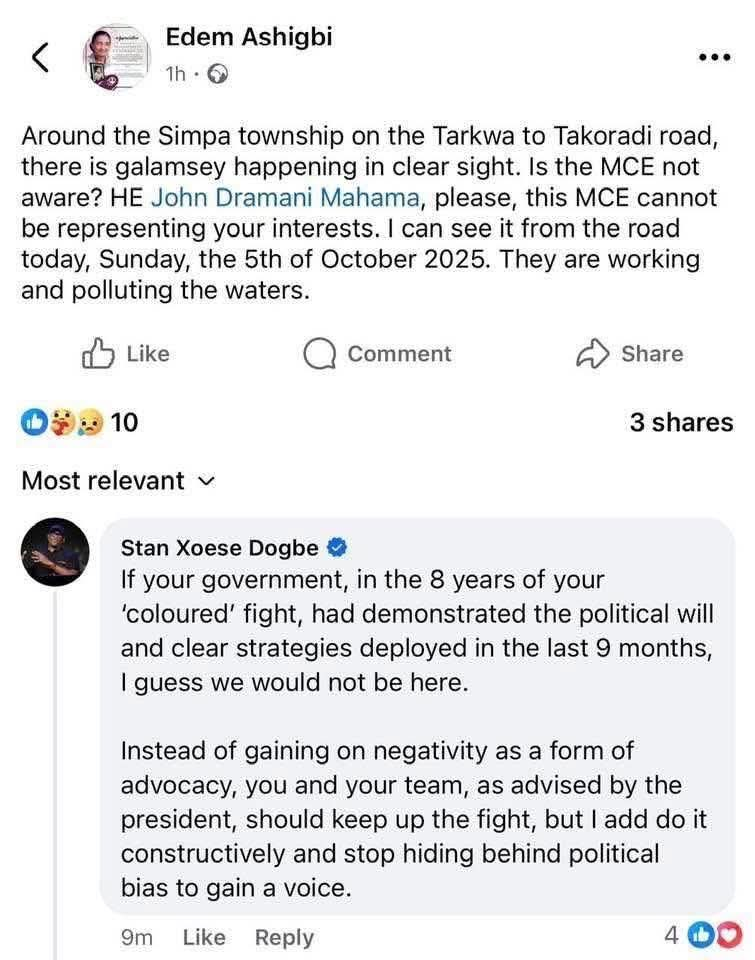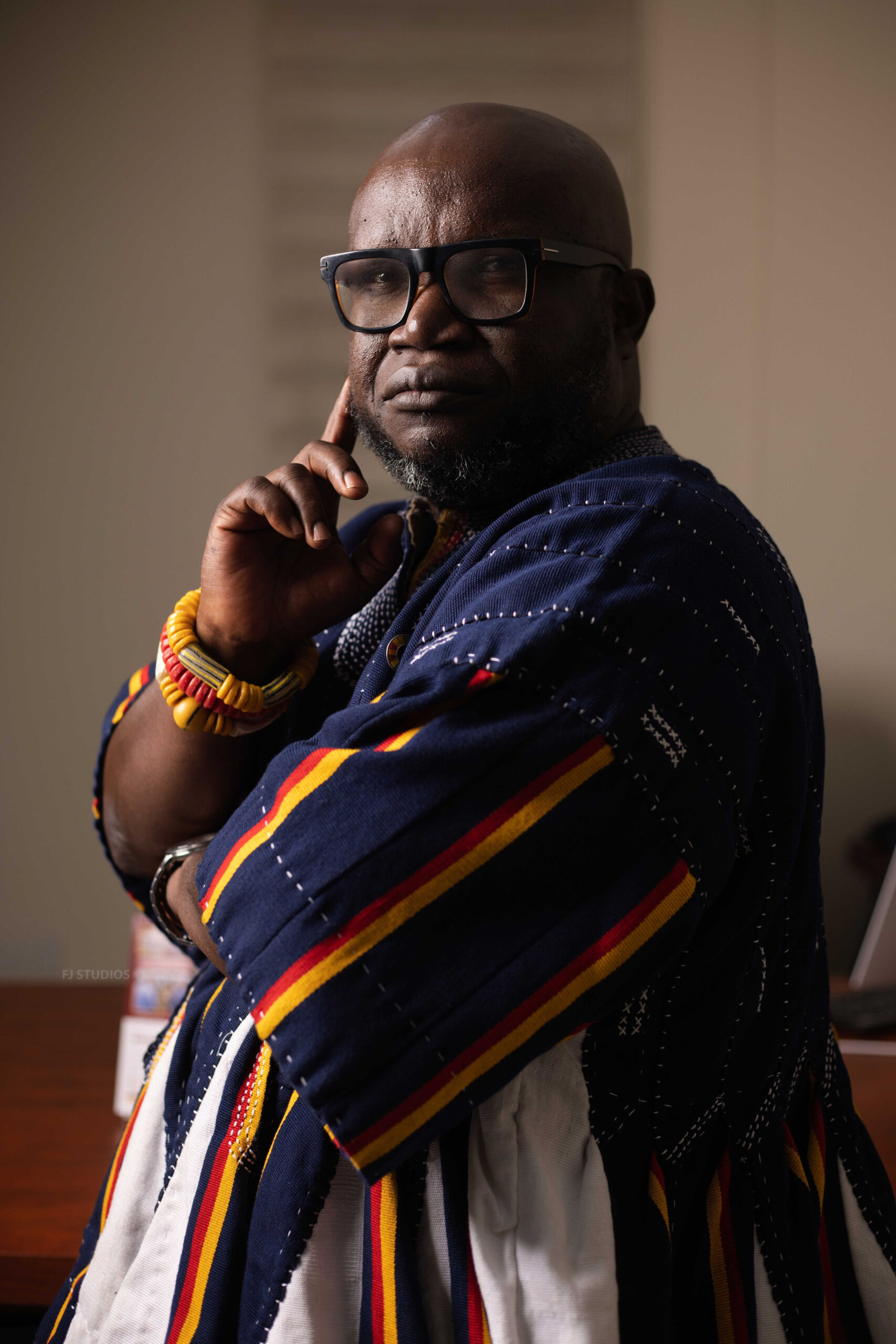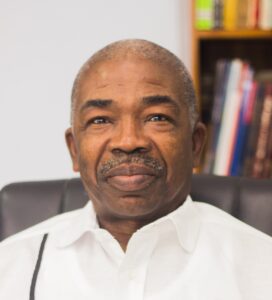Vote Yes during the Referendum to allow political parties to contest at the local level – Dr. Eric Oduro Osae
This is the views of Dr Eric Oduro Osae in reaction to some No votes against the involvement of political parties at the local level. He shared them as various post on WhatsApp and I have to piece them into an article. The errors resulting are mine. It makes for very interesting reading
If political parties are not good for national-level governance I was expecting the No-Vote proponents to argue for their abolition in our body politics. I think people have not taken the trouble to look at illegal participation of political parties in district-level elections. It is basically one party, the ruling party at the time.
Smaller political parties are not growing, NDC /NPP duopoly is dominating National politics leading to a two-party state. But if we open up the system smaller political parties that are dying can resurrect and work their way up to the top from the district. Their argument for us to solve challenges we have had with political parties before introducing them at the local level is like the argument UGCC and CPP had when we were struggling for independence. Is it independence now or within the shortest possible time?
Again, if we fail to change it now, with the way the Constitutional Review Commission report is going it can never be done. As soon as I saw Sampson Lardi Ayinene to be part of those who are putting pressure to implement the CRC report recently then I understood his argument. Because the CRC recommendation is being done in a piecemeal some people are not happy.
The ultimate goal is to democratize the local government system by introducing a multi-partisan election at that level. So ultimately all the members of the assembly will be elected
It is one of the ways of supporting smaller political parties to grow. If we do that and also manage to come out with a funding mechanism for political parties, our democracy will be strengthened with improved citizens participation.
What is happening is an attempt to democratize the local government system. So first elect MMDCEs and then make the system multi-partisan. So, the focus has been first on the non-entrenched provision for the election of MMDCEs and then ultimately the entrenched provision. That will introduce democratic inconsistency. As we know the assemblies are to operate like parliament because they make bylaws? So that will not work. That is why we tackled the easier one first (non-entrenched ) and now going on with the second and arguably the most difficult one, the entrenched which obviously requires a national referendum. We are in the last stage. Parliament should pass the amendment by next week or two before we go for the referendum
Article 55(3) is entrenched hence the requirement of a national referendum before it can be amended. Therefore, once article 55(3) is amended, all assembly members, unit committee members as well as MMDCEs will now be elected on a multi-partisan basis. This will fully democratize our local government system and allow the assemblies to adequately perform their legislative functions.
I think the issue at stake for clarity is
• Can we elect MMDCEs without amending 55(3)? The answer will be Yes except that once that happens, we give an upper hand to the ruling government and further deepen the undemocratic tendencies within the local government system. Political parties will continue to hide behind candidates, smaller political parties will be crowded out by bigger political parties at national level elections since they cannot compete adequately at that level and local level democracy will be markedly different from that of the national level.
• The decision to elect MMDCEs has now moved from the Executive to Parliament. Since the Bill to amend article 243(1) is currently in Parliament.
• However, the decision to democratize the local government system, if successful first apply it on MMDCEs rests with Ghanaians.
The issues are:
- We want to democratize the local government system with the election of MMDCEs
- This requires amendment of article 243(1) which is non-entrenched and the amendment process has commenced and due to go through before November 2019 if 2/3rds majority of the members of Parliament vote to approve it.
- The next issue is if we want to democratize the local Government system do we allow multi-partisan participation in local level elections once MMDCEs are elected?
- The answer is yes because at the moment the local government system is dominated by one political party which disadvantages all other political parties. It is skewed in favour of the ruling party which has the right to appoint MMDCEs and also appoint one-third of the members of the assemblies. This is what amending article 55(3) will change.
This is a country which engages in too much hypocrisy, majority of the people vote even the non-partisan assembly election on political lines, yet we say we don’t want it politicized?🤣🤣
Because of that anybody just contest without having a requisite exposure to lead or add up to the assembly, when the political parties will have to sponsor a candidate officially, they will make sure to field a credible person because that person is the face of the party and with that our assemblymen and women will be of high standing.
Our MMDCEs shall also be on their toes they shall be accountable to the people. And will do diligent works for our people. And you know an independent candidate who can do better are allowed to contest.
90% of the countries that practice this system do it on political lines and it’s successful
I suggest a YES is great
This post has already been read 559 times!








Post Comment